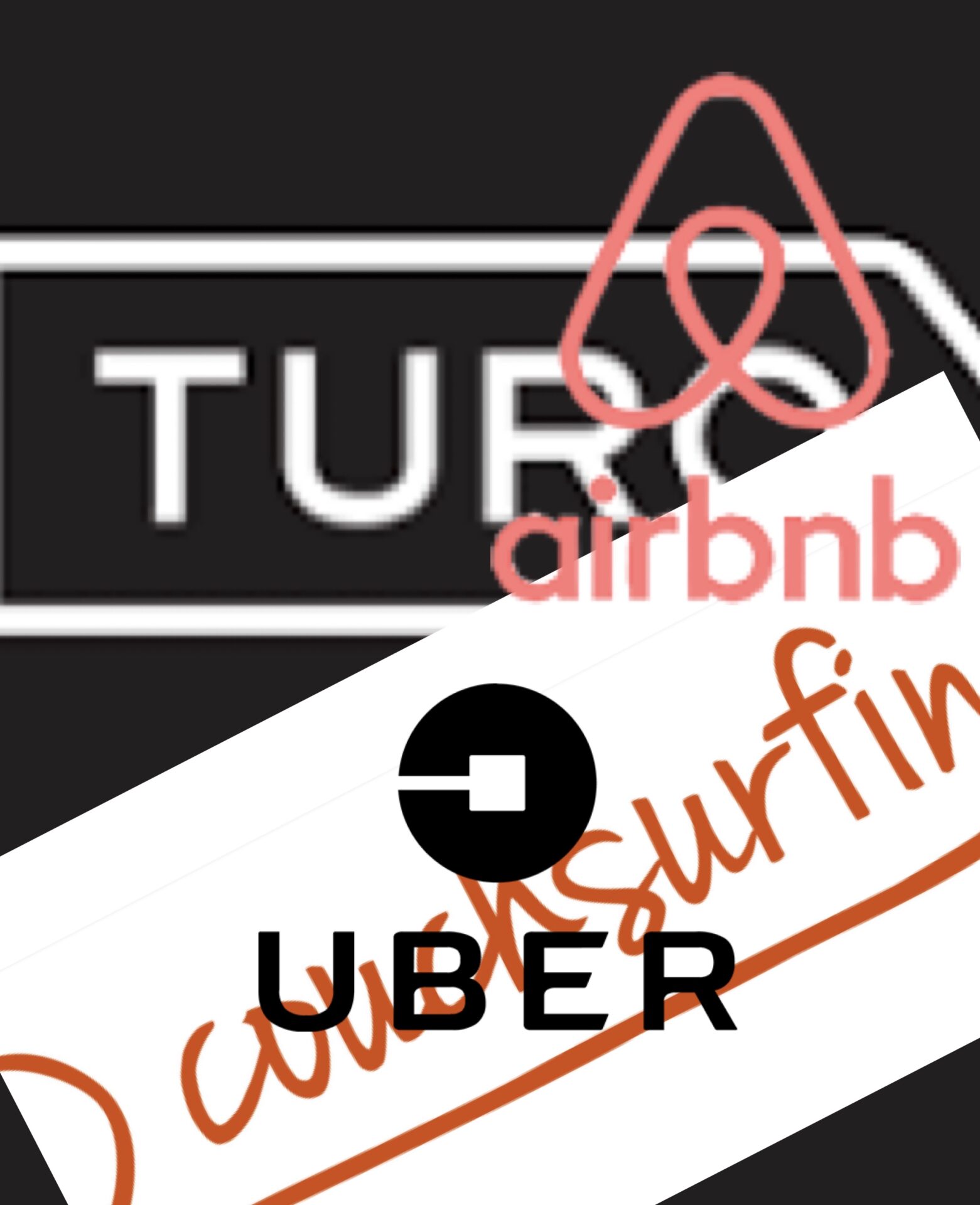Travel is changing drastically from what it used to be even a few years ago. As I write this, there are 5 people in my pool who I never met until yesterday. They’re staying at my house and pretty much have the run of the place for two days. How did these strangers end up in my house? They booked it through Airbnb. If you haven’t heard of Airbnb, you should look it up next time you’re in the market for accommodation, or better yet, read the rest of this article.
Airbnb is the top travel game-changing contender in what some people call peer-to-peer traveling.
Napster, Limewire and lots of other other p2p companies created technology at the beginning of the century that allowed communities of computer users to share each other’s music and other digital files. Many of these sites were eventually shut down or altered to fit copyright infringement legislation, but not before they revolutionized the record industry. To stay ahead of the game, the rules had to change and buying music had to become more convenient and a more satisfying option than it had in the past. This trend is now what’s happening to travel.
Airbnb has revolutionized travel in the hotel industry. Why stay in a boring cookie cutter hotel, when you can rent someone’s home, boat, room, or even an igloo? I was recently in France and I rented out a room in a barge in the middle of a river. Not only was the price considerably less a mainstream hotel, I got a unique experience that made my stay one-of-a-kind. On another trip I stayed in a bizarre place called The Brewhouse near Hershey, Pennsylvania. The host created a B&B next to his home decorated entirely with his vast beer can collection. Unfortunately, all the cans were empty. Yes, I checked. I had the entire place to myself and it was half the price of a three star hotel room. Check out my video: http://youtu.be/U9ddzF2WVmE if you’d like to see the place.
Dubai has some of the most expensive hotels in the world. For less that $100 on a visit to UAE, I rented a private bedroom in a loft next door to the Burj Khalifa, the tallest building in the world. I could sit on the balcony, watch the amazing water show that rivals the Bellagio and enjoy the million dollar view even closer than the nearby hotels that were charging ten times as much. The host, Erika, was a very nice German woman who gave me travel tips and helped make my visit much more interesting than staying in a traditional hotel room. I’ve also stayed in a funky art space in Atlanta and a jungle lodge in Sri Lanka. The choices are rarely predictable.
I recently decided to join Airbnb as a host and offer my unique home as a space for interested travelers. I’ve had visitors from Europe, Spring break students, a family reunion and even a rap video shot at my house.Each visitor has their own story and in some ways hosting is like traveling…. except the world comes to you. I set my own price, upload my own pictures, list amenities and get paid immediately the morning my guests leave through PayPal. If I’m in town, I’m happy to offer travel advice, share a glass of wine with my guests or make them listen to my travel stories. They can swim in the pool, look for my secret room, play my guitars, use the kitchen, make drinks in my outside bar and have an entirely unique experience they won’t get elsewhere. If you want complete privacy, you can rent an entire home rather than just a room. If you’re on a budget, some spaces offer shared rooms that won’t conjure up thoughts of a horror movie like a youth hostel might.
If you’re on a very low budget and really don’t want to pay anything, never fear. You can try couchsurfing.com which puts you in contact with hosts that will give you a place to stay for free if you don’t mind sleeping on a couch, hanging out and sharing a few of your travel experiences.
I was in St. Petersburg Russia about 4 years ago and my local friend navigated us around the city by waving down seemingly normal cars with no taxi signs. We hopped in, got dropped off at our destination and he’d throw the driver a handful of rubles. I don’t speak Russian and couldn’t understand how the system worked or how regular people could suddenly be taxi drivers, but everyone seemed to be in on it. Shortly afterwords, Uber appeared and started using a portion of this model for changing the way that people get around. Why take a taxi when you have to wait twice as long and pay double the price? If you’re not familiar with Uber, this is how it works. Anyone who is signed up as a driver can make themselves an active taxi at the touch of a button. With GPS technology, Uber puts a driver together with someone who needs a ride instantly. An app on your phone let’s you name your destination and pickup point and automatically calculates and pays your fare. Several of my friends drive for Uber in their spare time. They love the extra cash that is sent to them weekly. Friends of mine that don’t own cars actually get around cheaper than they would if they purchased an automobile. Has this hurt the taxi industry? Yes and no. Taxi business is down, but it’s forced the industry to improve service, embrace technology to make booking a cab easier and possibly lowered fares. It’s a win-win for travelers as it bypasses many archaic regulations, extra fees, and wasted time and hassle. Other ride sharing companies such as Lyft have jumped into this exploding business. Maybe you actually want to drive a car yourself. Companies like getaround.com allow you to rent someone’s car for as little as an hour at a time.
Even travel foodies are using peer to peer technology to create local dining experiences that bypass the traditional restaurant. Websites like bookalokal.com, mealsharing.com, and eatwithme.net. are a few examples of the food-travel-oriented meal sharing choices available depending on your city. You can become a chef for a night or have dinner with some other user that’s doing the same. Select a date, create a menu, post it online and wait for guests to sign up. Prices vary depending on the food, experience of the cook, wine, and number of people, but it’s bound to be an experience different than going to a restaurant. If you know you’re going to be in another city, plug in your date and the location and you might be surprised at some of the dining options that you’ll find outside of where you’d normally eat. No single website has yet dominated this market like Airbnb and Uber have for lodging and transport, but you can bet that will change at any moment.
As internet and technology seems to make conversation less important when it comes to booking a room, car, or other travel, it also gives us tools to stay, eat, and travel with people we never might have had the opportunity to know. We can drive in a local person’s car with them, eat with them and stay with them. If you haven’t done any of this, try it. It might change the way you feel about travel forever.






Leave a reply
You must be logged in to post a comment.